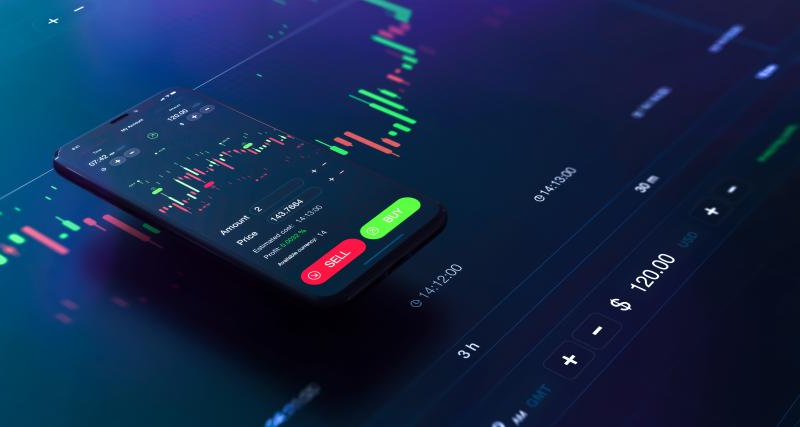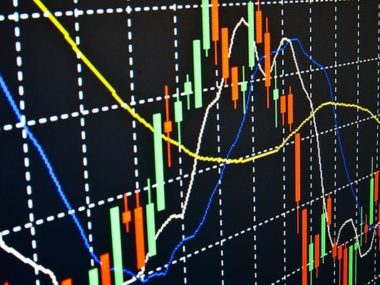The foreign exchange market is the world’s largest and most liquid, with a daily turnover of more than $5 trillion. This vast amount of currency trading activity happens 24 hours a day, five days a week, across a network of decentralised exchanges.
The forex market is not based in a single location like other financial markets, so it can be tricky to get your head around. Once you grasp the basics of how it works, you’ll see that it is quite simple. This article will take you through everything you need to know about forex trading in the United Kingdom, including what forex is, how to trade it and where to do so. For those who want to get hands-on, you can try forex trading here.
What is forex?
Forex, or currency trading, is the buying and selling of one currency for another. Currency pairs are always traded in pairs, for example, EUR/USD (Euro/US dollar). When you buy a currency pair, you are effectively buying the first currency in the pair (the base currency) and selling the second currency (the quote currency).
Forex trading aims to speculate on the movement of currencies against each other to make a profit. For example, if you think the euro will increase in value against the US dollar, you would buy EUR/USD. If the euro does indeed rise in value, you would then be able to sell your euros back for a profit.
The foreign exchange market is open 24 hours a day, five days a week, which gives traders plenty of opportunities to make profits. However, it also means that the forex market is very volatile, and prices can move quickly. This volatility can be suitable for those looking to make a quick profit, but it can also be risky, as losing money is easy if you don’t know what you’re doing.
How to trade forex
To successfully start trading forex in the UK, you must open a trading account with a broker that offers forex trading. There are many different brokers, and choosing one regulated by the Financial Conduct Authority (FCA) is essential, ensuring that they will hold your broker to strict standards and that your money is safe.
Once you have opened a UK trading account, you will need to deposit money into it. The amount of money you need to deposit will depend on your broker, but most will require a minimum of $250.
Once your UK trading account is funded, you can start trading forex. You can use a broker’s trading platform to place trades. Most brokers offer their platforms, but some also offer third-party platforms for you to choose from.
When placing a trade, you must choose a currency pair and the amount of money you want to invest. You will also need to set a stop-loss and take-profit level. A stop-loss is a point at which you want to close your trade and take a loss, while a take-profit is the point at which you want to close your trade and take a profit.
It’s also important to use risk management tools like margin and leverage in Forex. Leverage allows UK traders to trade with more funds than they have in their account, magnifying profits and losses. Margin is the amount of money required to open a position.
Once you have placed your trade, it will remain open until your stop-loss or take-profit level is reached or you manually close it.
Where to trade forex
As the forex market is decentralised, it is not traded on a single exchange. Instead, it is traded through a network of banks, dealers and brokers.
In the UK, the leading market participants in forex trading are banks, hedge funds, commercial companies, central banks, investment management firms and retail investors. The best way to trade forex in the UK is through a regulated broker, ensuring that your broker will be held to strict standards and that your money is safe.
Conclusion
Forex trading can be a great way to profit, but it is also risky. Make sure you understand the risks before you start trading. Use a regulated and reliable broker, alongside using risk management tools like leverage and margin.







